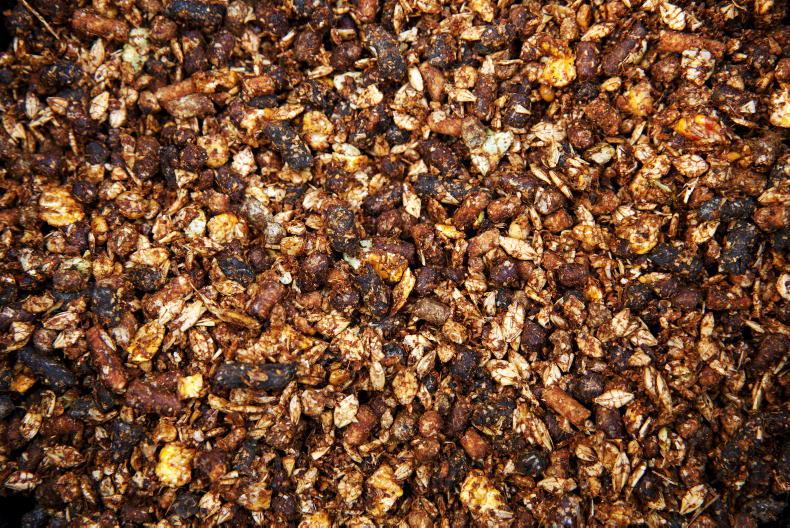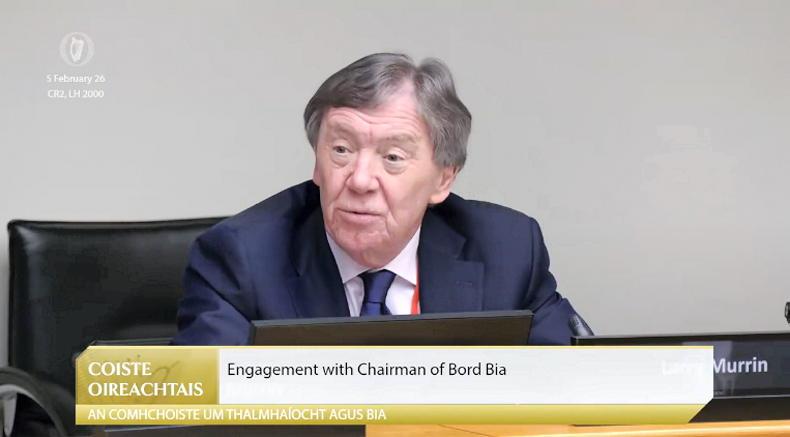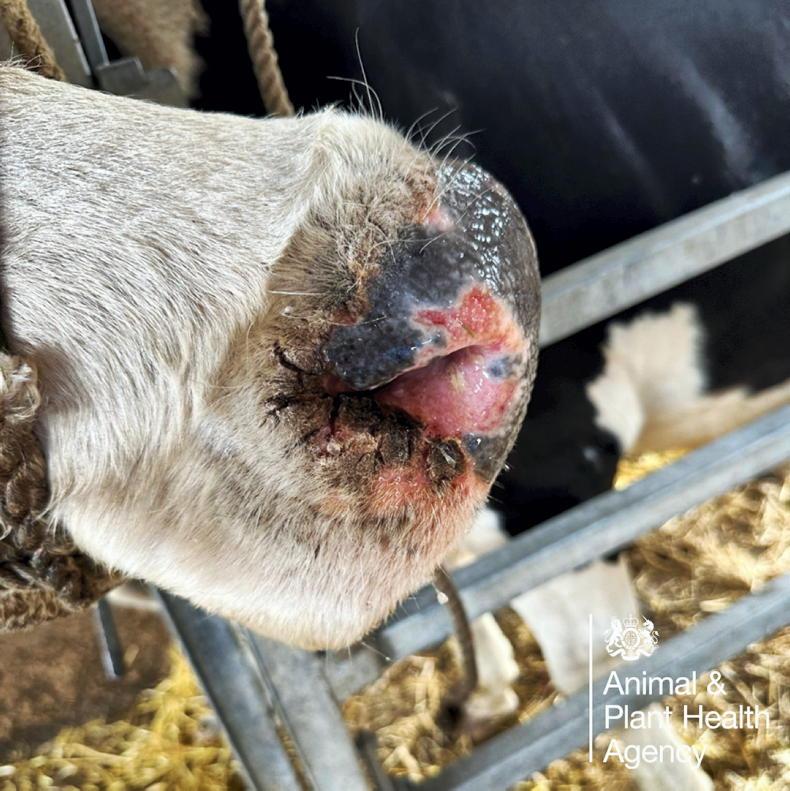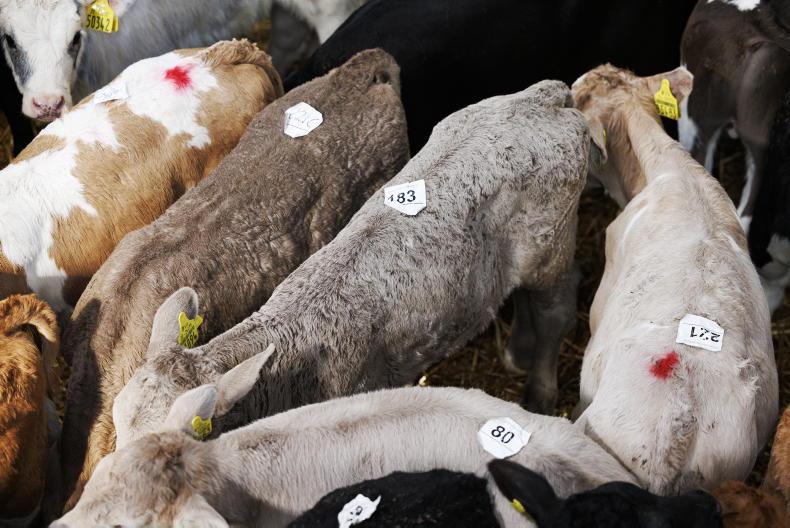DEAR SIR, In last week’s Irish Farmers Journal it was reported that Bord Bia is conducting a study of international buyers’ attitudes to the use of genetically modified ingredients in beef and dairy feeds and that the results of said study could affect quality assurance requirements for farmers.
To be honest, I was totally taken aback by any suggestion that the use of a legal, highly regulated, highly tested and proven safe set of ingredients would form the basis of any additional quality assurance criteria.
Let’s be crystal clear about this. Any restriction on the use of these ingredients would result in a significant cost increase for farmers that would not be recouped from the market.
Any suggestion that the marketplace would deliver the premium required and that premium would then make its way down the supply chain to the farmer would be, to put it mildly, naive.
Farmers, regardless of their sector, cannot allow a situation arise where ever-increasing standards, criteria and costs are imposed on them without a substantial market return.
A move like this by the beef and dairy sector would also have negative implications for other farming enterprises.
There’s no doubt that pig and poultry farmers’ inability to follow suit would damage that sector in the eyes of the consumer, and the tillage sector’s chances of getting access to future biotech innovations and new breeding techniques would also be negatively affected.
I know it will be suggested that there is no harm in travelling this route and that we need to chase these type of niche markets. I understand why some people might have that point of view but I think it’s important to take a bigger picture view of this and examine what has driven this whole GM-free market.
Activist groups employing the same tactics as anti-animal agriculture groups have, by spreading misinformation and fear, succeeded in damaging the public’s perception and acceptance of this technology.
Marketers, in many cases, have exploited this by sticking a GM-free label on a product in order to gain a market advantage. It’s gone so far now that it’s not uncommon to see products labelled as GM-free even though a GM version of the product doesn’t exist.
IFA campaign
Only last December, the IFA ran a ‘‘fairness and honesty in labelling’’ campaign where it highlighted how consumers are regularly confused and purposefully manipulated with confusing labelling. Is the GM-free label any different? I would argue it’s not.
At all levels within the industry this topic needs an open, honest and respectful debate. I would hope that when Bord Bia comes to debate it that its most important stakeholder – the Irish farmer – is fully consulted and their views are taken into account.
After all, any decision on this matter will affect the farmer more than anyone else along the supply chain.









SHARING OPTIONS